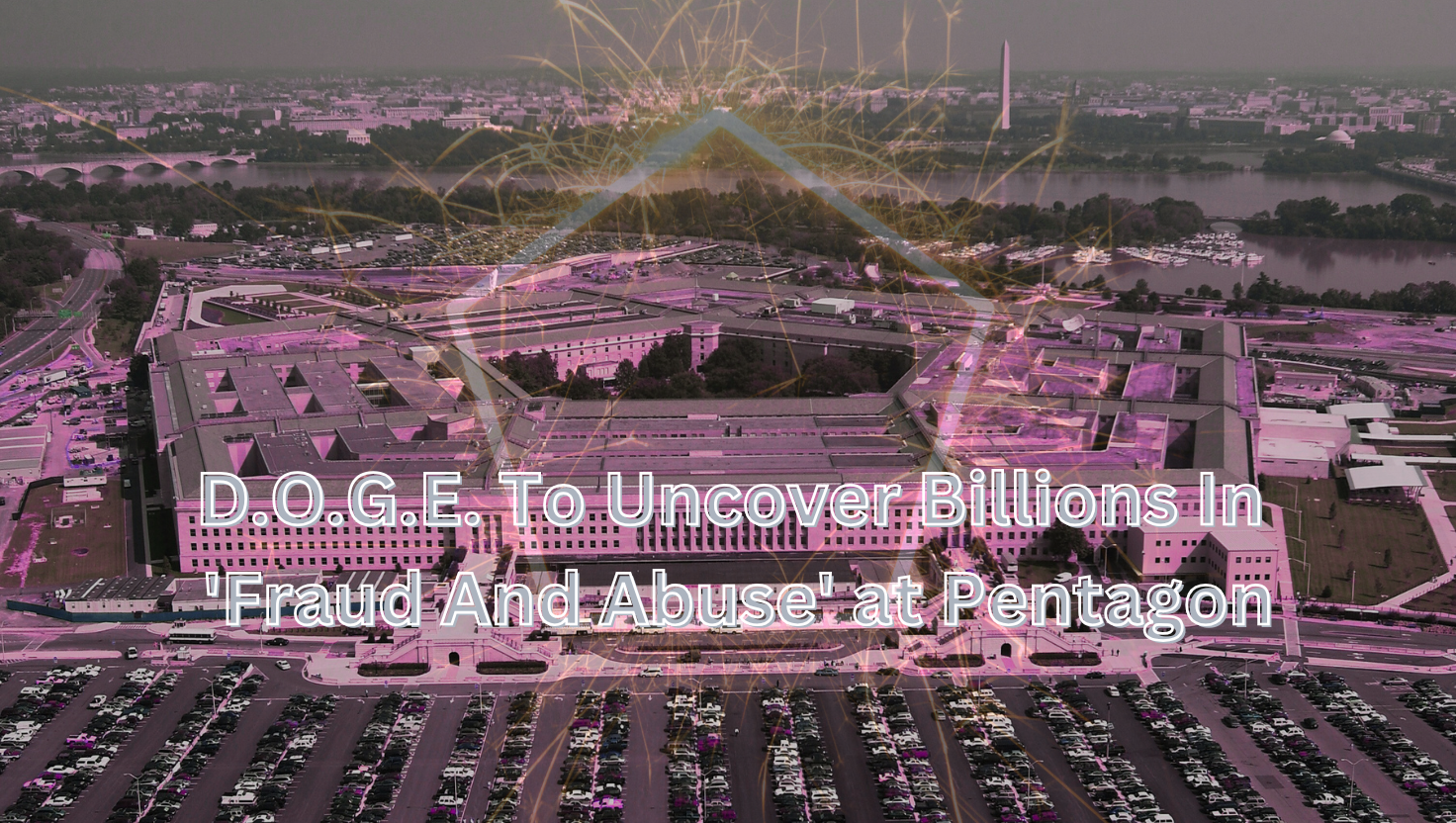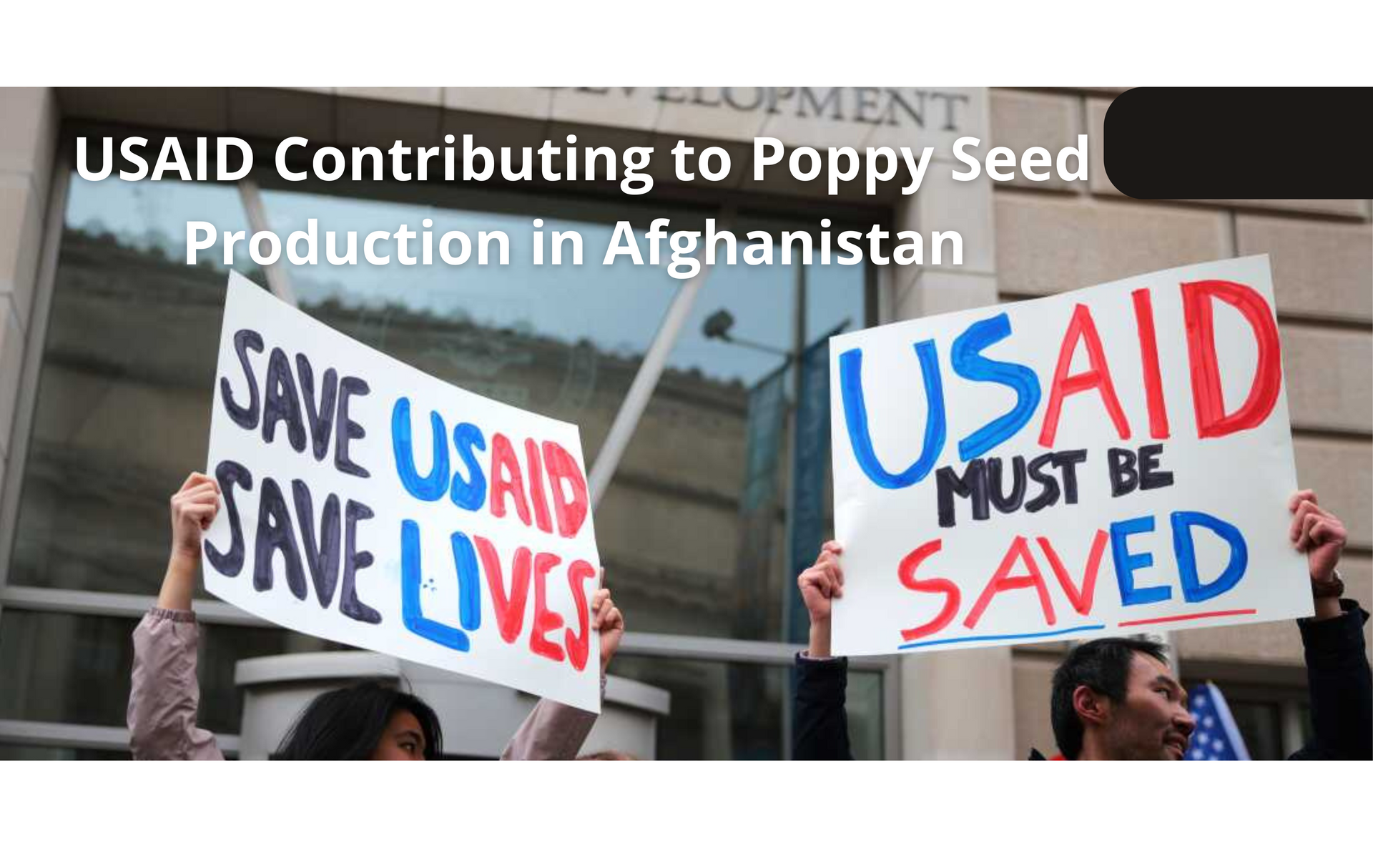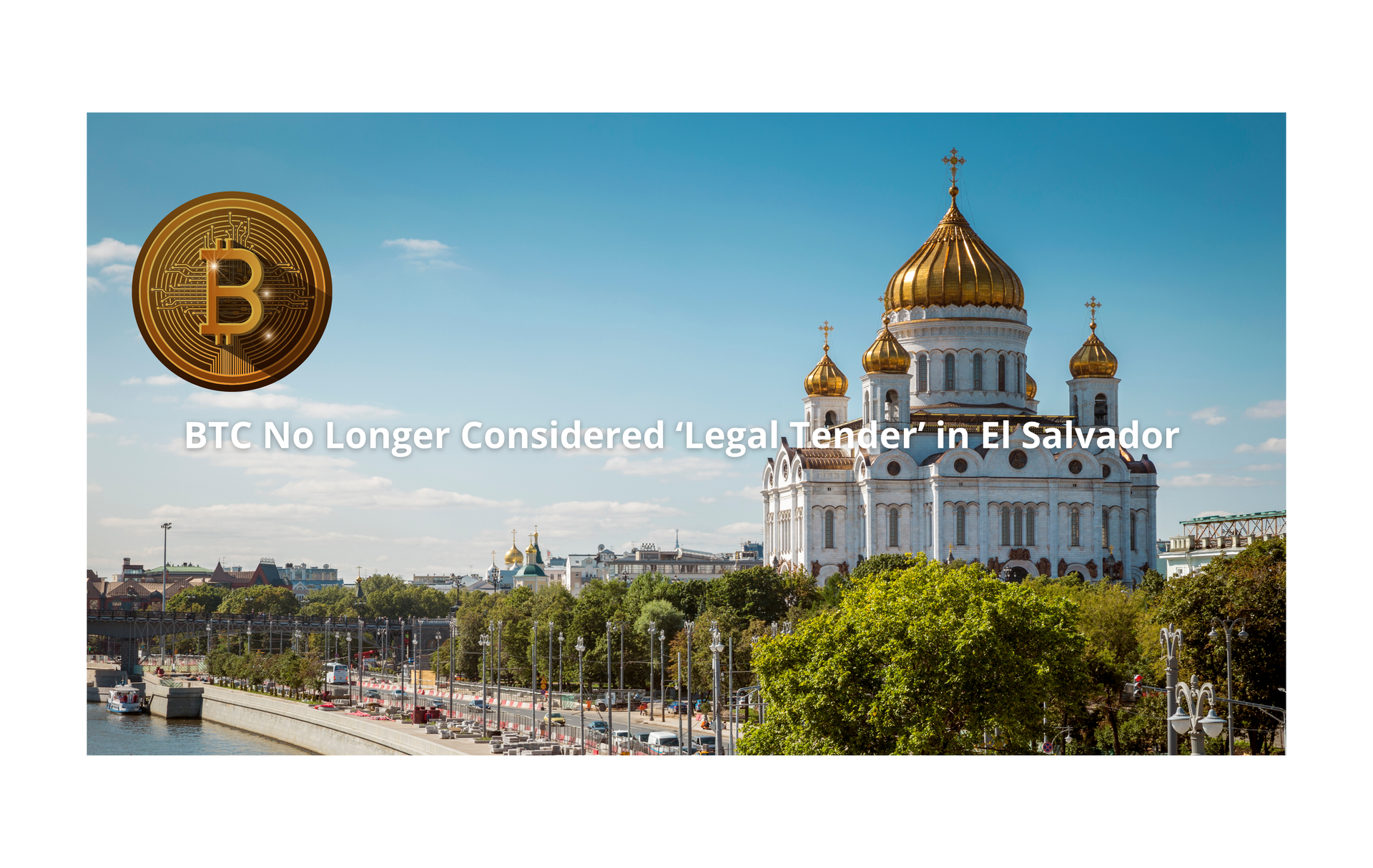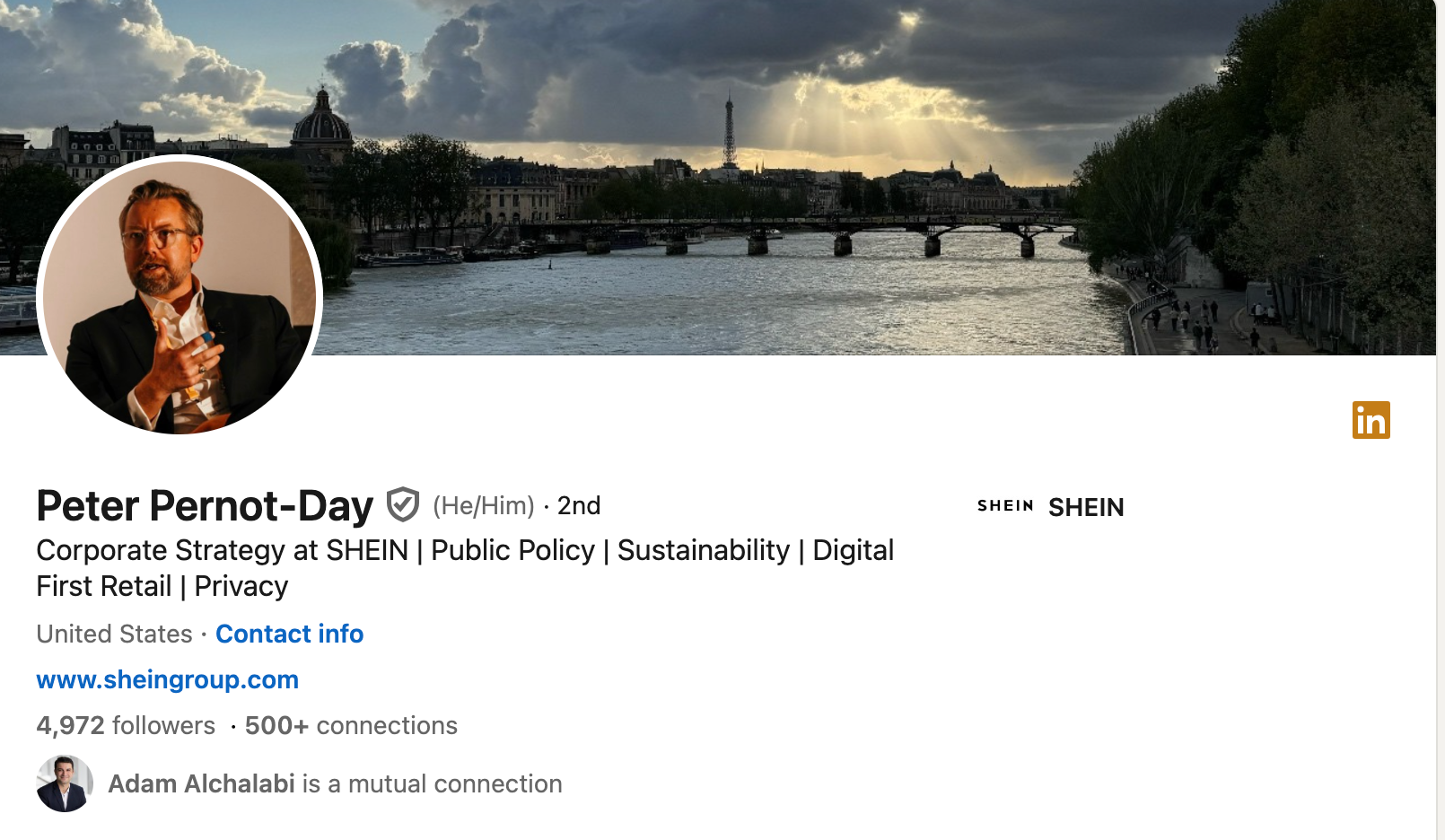Contact Us
objective-wire.org
shein faces new human rights abuse allegations
SHEIN is not beating the allegations
Shein's New Human Rights Allegations
In recent developments, Shein, the global fast-fashion behemoth known for its incredibly affordable clothing and rapidly changing inventory, finds itself embroiled in a new wave of controversy. The brand, which has risen to dominate the fashion industry through its e-commerce platform, is facing fresh allegations of human rights abuses. These accusations add a significant layer of concern over its operations and ethical practices.
Historically, Shein has been scrutinized for its environmental impact and labor practices; however, these new allegations bring to light deeper issues potentially embedded within its supply chain management and production processes.
Critics argue that the very business model that has propelled Shein to fame—characterized by high-volume production and lightning-fast turnaround times—may inherently prioritize profit over people. This model raises questions about the working conditions and rights of the labor force responsible for creating the millions of garments sold each year. As details emerge, stakeholders from consumers to human rights advocates are calling for transparency, accountability, and reform.
The unfolding situation places Shein at a critical juncture where it must address these grave concerns or risk further damage to its reputation and consumer trust.
We have zero tolerance for forced labor. We have zero tolerance for child labor," according to Shein's Pernot-Day,
[
]
he went on to add .adding that the company requires its manufacturers to comply with their 'local laws'. Some of Shein's 5,000-some manufacturers are now in Brazil and Turkey, but most remain in China
Overview Of Recent Child Labor Allegations Against Shein
Shein, the fast-fashion giant known for its affordable clothing, has recently come under scrutiny due to new allegations of human rights abuses. Moreover, these allegations have drawn attention to Shein's opaque business practices and lack of transparency regarding its supply chain management. Critics argue that the brand's rapid production cycle exacerbates these issues, as it places immense pressure on suppliers to deliver clothing at breakneck speeds, often at the cost of basic human dignity and environmental sustainability.
The recent claims against Shein not only tarnish its reputation but also spotlight the broader ethical challenges within the fast-fashion industry. As consumers become increasingly aware of these issues, calls for accountability and reform grow louder. The situation underscores a critical need for systemic change in how fashion is produced and consumed globally.
where are SHEINS Factors? How much do they pay workers ?
China, workers are enduring 12 hour shifts, 7-10 days a week, at less than minimum wage, to put it in "American".
Fast fashion behemoth Shein is facing scrutiny again following allegations from human rights organization Public Eye. The advocacy group reported on Tuesday that workers in Shein factories earn an average monthly wage ranging between 6,000 and 10,000 Chinese yuan (approximately $831 to $1,385). The findings, derived from interviews with 13 factory employees, revealed that these workers endure 12-hour shifts, six to seven days a week.
In response, Shein refuted the claims, asserting that the report misrepresented its operations. The company emphasized its commitment to corporate responsibility and compliance with global laws and regulations.
Key Takeaways:
- Shein claims to invest "tens of millions of dollars" to strengthen compliance within its supply chain.
- Public Eye's findings corroborate a 2021 investigation titled “Toiling away for Shein,” which similarly highlighted harsh working conditions.
- A living wage in China is estimated at 6,512 yuan by the Asia Floor Wage Alliance. According to Public Eye, Shein workers' effective pay drops to about 2
Details Of The Reported Labor Violations:
Is human rights violations why SHEIN is so cheap ?
yes.
This practice not only flouts international labor laws but also raises serious concerns about worker exploitation and the sustainability of such demanding work conditions.
These workers, many of whom are based in regions where labor laws are either lax or poorly enforced, find themselves trapped in a cycle of exploitation that is exacerbated by the fast fashion industry's relentless demand for cheap, quickly produced clothing.
The conditions under which many of these individuals work are dire, with reports highlighting excessively long hours, unsafe work environments, and wages that barely meet subsistence levels. The psychological toll on workers is immense, as they grapple with the constant pressure to meet unattainable production targets, coupled with the fear of reprisal should they fail to do so or dare to voice their grievances.
Shein's Response To Child Labor Allegations:
According to Shein they are following all laws based on countries they are operating in. This does not make child labor ethical, even if it is 'legal' in china 🇨🇳 (source)
In response to the new allegations of human rights abuses, Shein has taken a firm stance, emphasizing its commitment to ethical practices and transparency. The fashion giant has strongly denied the claims, asserting that they uphold high standards for labor practices and employee welfare across their supply chain. Shein highlighted its rigorous compliance program which includes regular audits and inspections to ensure that their working conditions meet global standards.
The company pointed out its dedication to continuous improvement through the implementation of corrective action plans whenever issues are identified.
International Reaction in a period of time where there are alot of humans rights violations:
The revelation of new human rights abuse allegations against Shein has triggered a robust international reaction, spotlighting the urgent need for accountability in the fashion industry's global supply chains. Governments, human rights organizations, and consumers worldwide have raised their voices in concern, demanding immediate action to address these serious claims.
Future For Shein After Child Labor, and human rights violations :
Are Ethics FASHIONABLE ?
These allegations might catalyze a more significant shift within the fast fashion industry. Competitors may preemptively adopt stricter ethical standards to avoid similar scrutiny, setting off a ripple effect that could elevate overall industry standards. This scenario would greatly benefit both workers in the supply chain and environmentally conscious consumers.
However, for Shein, adapting to these changes will not be without cost or challenge. Implementing rigorous ethical standards could mean reevaluating supplier relationships, investing in new compliance mechanisms, and potentially increasing prices—a move that might alienate its core consumer base accustomed to low prices.
In conclusion, while facing significant hurdles in addressing these allegations, Shein's response could mark a critical turning point for both the company and the broader conversation around sustainability and ethics in fashion.
"The Problem with Shein: a Noble Contributor to the Fast Fashion", theteenmagazine.com, Unknown, https://www.theteenmagazine.com/the-problem-with-shein-a-noble-contributor-to-the-fast-fashion-epidemic, Web, Accessed 16. May 2024
"Shein responds to controversies: Addressing labor conditions, copyright infringement, and sustainability initiatives", mb.com.ph, Unknown, https://mb.com.ph/2023/11/5/shein-responds-to-controversies-addressing-labor-conditions-copyright-infringement-and-sustainability-initiatives, Web, Accessed 16. May 2024
"50% Say Governments Must Investigate Labor Abuses by Overseas Companies", realresearcher.com, Unknown, https://realresearcher.com/media/50-percent-say-governments-must-investigate-labor-abuses-by-overseas-companies/, Web, Accessed 16. May 2024
"Why is Shein bad? Beneath the surface of cheap fashion", greenhive.io, Unknown, https://www.greenhive.io/blog/why-is-shein-bad, Web, Accessed 16. May 2024
"The Dark Side of SHEIN: Unraveling the Harm to Makers and the Environm - LAUDE the Label", shop.laudethelabel.com, Unknown, https://shop.laudethelabel.com/blogs/laude/the-dark-side-of-shein-unraveling-the-harm-to-makers-and-the-environment, Web, Accessed 16. May 2024
"SHEIN Is Infamously Exploitative--and It Might Be Worse Than You Think - Good On You", goodonyou.eco, Unknown, https://goodonyou.eco/shein-is-worse-than-you-think/, Web, Accessed 16. May 2024
“On the Select Committee, we released a report showing @SHEIN_Official paid ZERO import duties last year…
— Select Committee on the Chinese Communist Party (@committeeonccp) December 5, 2023
Meanwhile, Shein claims to have visibility across its supply chain but cannot defend or explain the correlation between its products and forced labor camps.” - @RepBlaine pic.twitter.com/ZJH4qc6pFR
Companies like Shein are no stranger to slave labor, human rights violations, toxic chemicals, and environmental degradation.
— Danielle Butcher Franz (@DanielleBFranz) May 20, 2024
But hey, don’t worry about it! 😄 $3.99 tank top! 😄 pic.twitter.com/YOlcs8IiRj




share this
STAY UP TO DATE
GET Objective LATEST
Receive Objective Media Updates, and get a heads up on the reality we love.
Contact Us




